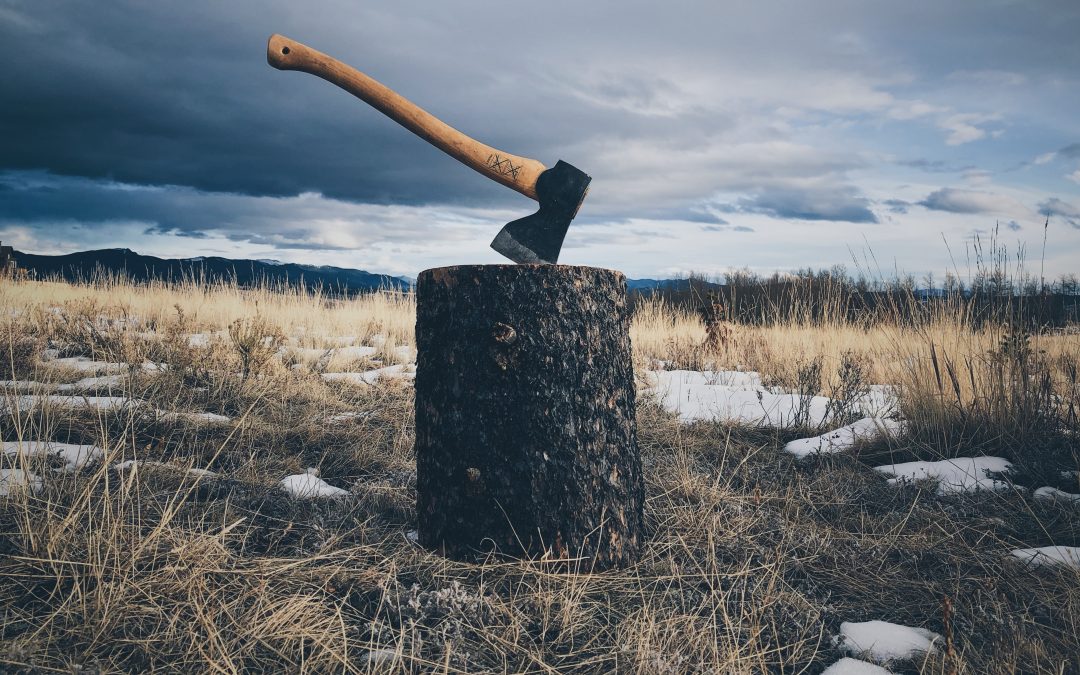I challenge anyone reading this today to confidently state he/she is living without stress playing some some degree of insult on their health. No matter how balanced, centred or prepared you are, we are all impacted by modern day stress. For those who are managing and adapting healthfully to it better than the rest, I have come to realize a common pattern which has emerged; slowing the pace of life and being present in the moment by investing into a more traditional way of living.
So what do I mean when I refer to traditional living? Well before I define a more traditional approach to life, let’s briefly take a look at our current modern day living expectations and standards. Today, shared across most developed countries in the world, successful societies are defined by advanced technology (phones, social media, artificial intelligence), “efficiency” (getting as much done in as little time as possible), and proving to yourself, your neighbour, coworkers, family, and even strangers, that the harder and longer you work, the more successful you are. What do our “advanced” (in quotes, as I shutter at the idea of being a truly advanced society) cultural expectations define as success? The accumulation of things (cars, money, houses, business, fame) upon the sacrifice of health, relationships, sincerity and happiness. I am being a slight bit pessimistic I know, however generally speaking, societies led by technocratic leadership will do anything for itself to gain one leg up on others.
So back to the meaning of traditional living. Traditional living refers to living in a way that involves the combined balance of self sufficiency, community support and family centred focus. In addition, the most crucial element dynamically flowing through such a lifestyle is the return to basics in order to prioritize a state of mental, physical, emotional and spiritual wealth. Sounds too good to be true? For many it is, as the appeal of living and relying on the advancement and reliability of technology is often too much for many to turn away. Sadly however, as like giving up basic human freedoms, integrating into the ever accelerated technological (yet artificial) advanced “conveniences” (quotes once again!) quickly tends to dissolve self connection to oneself and further separates people from a fundamental and natural state of being.
Let me express two more very important aspects to this discussion. First it’s important that I list some clear examples of what traditional living can look like for most. Secondly, I’d like to connect a very clear transparency between implementing traditional living to beating the insults of modern day stress on health.
Examples of traditional living in a modern world:
- Put your technology down and attentively spend time with others.
- Connect less virtually and understand that others don’t need to know where you are all the time.
- Cancel your non essential commitments (say no, more often).
- Slow down.
- Learn to fix broken items rather than throwing them out and buying new.
- Learn to use basic tools.
- Learn and prioritize whole food home cooking.
- Eat less, more often.
- Spend your waking hours in nature.
- Purchase clothing and other items second hand.
- Slowly build resources of self reliance (natural energy sources, cooking methods and emergency stores).
- Minimize your possessions.
- Learn to make your own items (soap and laundry detergent for example)
- Plant and tend a vegetable garden.
- Be comfortable with inconvenience
(everything takes longer, but it is more fulfilling, sustainable and lasting).
The most direct result of incorporating very simple traditional living methods (the above list is literally just a start) is that modern day stress is immediately reduced and energy, happiness, calmness and clarity will quickly take its place. The convenience of modern living doesn’t need to be replaced, as the most effective approach is integrating a balance between the two. That being said, it is important to remember that in all fairness to traditional living, you do need to make room for both. I have seen the most simple shifts in a persons life literally change the course of a present illness. We all know stress is an underlying factor in making ill health worse, however I have seen people implement small traditional living facets into their lives and change the course of their health (for the better) over night.
It doesn’t take much to appreciate that the pace at which our modern world spins will eventually catch up with us all. That being said, with the simpler, less stressful, more health promoting traditional living approach, slowly incorporating traditional lifestyle factors will undoubtedly accelerate your path to better health.
Dr Jeremy Hayman, ND helps patients at Cornerstone Naturopathic Inc. feel better, live better, and achieve optimal wellness and health. Years of patient care coupled with dedication to personal life balance has helped Dr Jeremy employ the adage that “your approach to health should be simple”.

